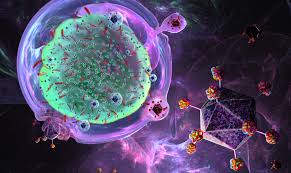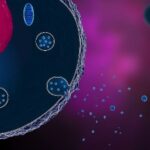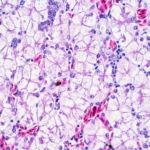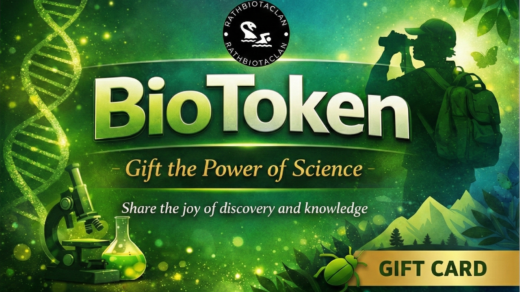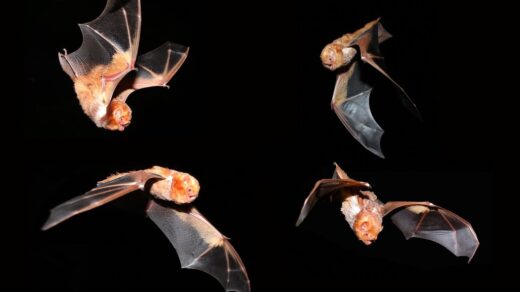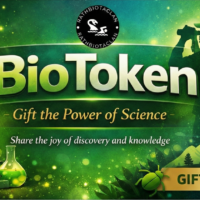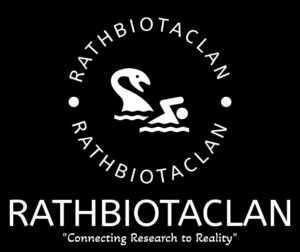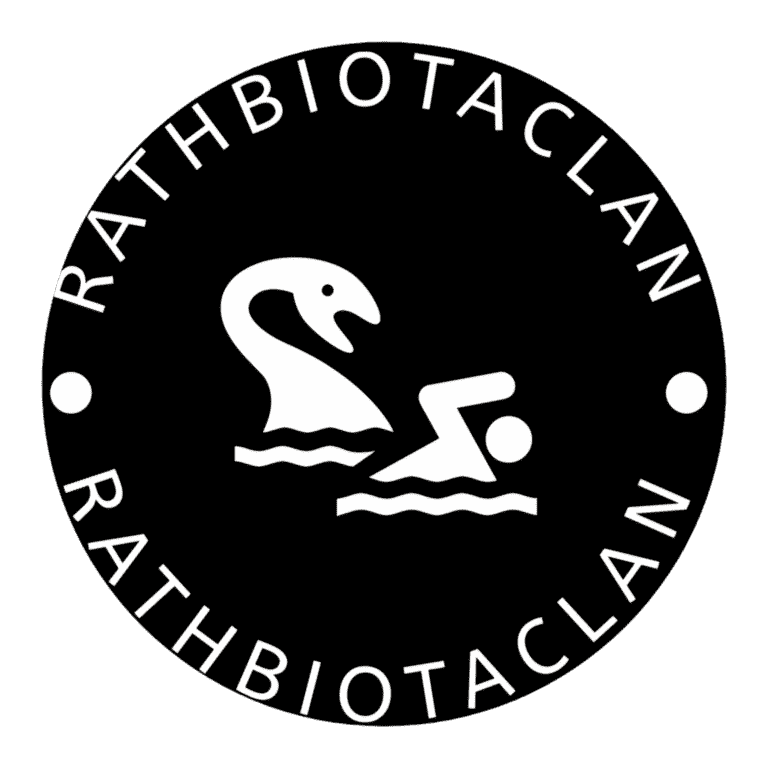Gong, a 57-year-old man from Shanghai, has systemic sclerosis, which affects connective tissue and can result in skin stiffening and organ damage.
He says that three days after receiving the therapy, he felt his skin loosen and he could start moving his fingers and opening his mouth again.
Engineered immune cells, called chimeric antigen receptor (CAR) T cells , have shown great promise in treating blood cancers- half a dozen products are approved in the United States and potential for treating autoimmune conditions.
That’s why researchers have started creating CAR T-cell therapies from donated immune cells. If successful, they would allow pharmaceutical companies to scale up manufacturing, potentially slashing costs and production times.
Instead of making one treatment for one person, therapies for more than a hundred people could be made from one donor’s cells, says Lin Xin, an immunologist at Tsinghua University in Beijing. Donor-derived CAR T cells have been used to treat people with cancers, but with limited success so far.
Autoimmune diseases
The trial, led by Xu Huji, a rheumatologist at Naval Medical University in Shanghai, is the first to report results for autoimmune diseases. They were published in Cell last month. More than six months after receiving the treatment, the recipients remained in remission. “The clinical outcomes are phenomenal,” says Lin, who is leading a separate trial using donor-derived CAR T cells to treat lupus.
The success and safety of the therapy look promising but still need to be demonstrated in many more people before researchers can draw conclusions about its broad application, says Christina Bergmann, a rheumatologist at the University Hospital Erlangen in Germany.
But if it does succeed in more people over a longer time frame, it “could prove paradigm shifting”, says Daniel.
Baker, an immunologist at the University of Pennsylvania in Philadelphia. More than 80 autoimmune diseases are linked to malfunctioning immune cells.
Healthy donor
CAR-T-cell therapy typically involves extracting immune cells known as T cells from the person being treated. The cells are embellished with CAR proteins that target Il cells and are then re-infused into the person’s body.
The process for creating CART cells from donated immune cells is similar. Xu and his colleagues extracted T cells from a 21-year-old woman and studded them with CARs that recognize CD19, a receptor found on the surface of B cells. They used the CRISPR-Cas9 gene-editing tool to knock out five genes in the T cells, to prevent both the grafted cells from attacking the host’s body and the host’s immune system from attacking the donor cells.
The first person to receive the treatment, in May 2023, was a 42-year-old woman with a type of autoimmune. myopathy, which targets skeletal muscle tissue, resulting in weakness and fatigue. Mr Gong, and another man aged 4.5, had an aggressive form of sclerosis. They started their treatments in June and August 2023.
Once injected into the hosts, the CART cells got to work. They multiplied and targeted and destroyed all the R cells including pathogenic cells linked to the autoimmune conditions. The bioengineered T cells survived for weeks in the recipients before largely vanishing. Eventually, new healthy B cells returned, but no pathogenic ones did. A similar response has been observed in people with autoimmune conditions who received CAR T cells derived from their own cells
‘Complete Remission’
Two months after the treatment, the researchers say the woman achieved complete remission, and maintained that status at her six-month follow-up. Baker says that although the woman showed clear clinical improvements, he would be more cautious about calling it complete remission, given the short assessment time. The woman’s autoantibodies had dropped to undetectable levels, and her muscle strength and mobility had improved dramatically.
The two men also saw significant improvements in their symptoms including the reversal of scar-tissue formation and declines in autoantibody levels.
None of the individuals experienced an extreme inflammatory reaction known as cytokine-release syndrome, which has been observed in some people with cancer who have received CAR-T therapy, and they didn’t show evidence of the graft attacking the host. But the researchers are still trying to determine whether the host’s body rejects the graft over time.
CONCLUSION
CAR T-cell treatment may eventually be able to effectively treat autoimmune diseases, including systemic sclerosis: Gong’s case. An immune cell engineered with genes that encode chimeric antigen receptors (CAR T cells) targets and kills autoreactive B cells that exert autoimmune activity. Gong and a few other patients experienced significant improvement; they reached complete remission. These should be explored further to establish long-term safety and effectiveness. This therapy can be key to changing the management of autoimmunity since a donor-derived cell solution appears to be scalable and more accessible. But this would call for bigger clinical trials before being applied broadly.

